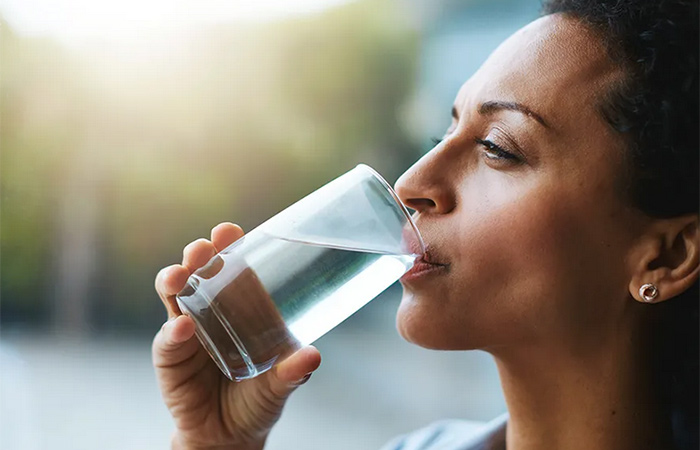
Acne is a common skin condition that affects people of all ages. Many factors contribute to the development of acne, including hormonal imbalances, genetics, and environmental factors. As a result, numerous theories and remedies have emerged in an attempt to combat this bothersome condition. One such theory is the idea that drinking water can help with acne. But is there any truth to this claim? Let's explore the relationship between water consumption and acne to separate fact from fiction.
First and foremost, it is important to understand the underlying causes of acne. Acne occurs when hair follicles become clogged with oil, dead skin cells, and bacteria. This leads to the formation of pimples, blackheads, and whiteheads. Hormonal fluctuations, particularly during puberty, can stimulate the sebaceous glands to produce more oil, exacerbating the problem. It is the excessive oil production and the subsequent clogging of pores that contribute to the development of acne.
Proponents of the idea that drinking water can help with acne argue that staying hydrated promotes healthier skin. They claim that adequate water intake can flush out toxins from the body, leading to clearer skin. While water is undoubtedly essential for overall health, its direct impact on acne is not as straightforward as some might suggest.
One of the key misconceptions surrounding this theory is the belief that drinking large amounts of water will directly hydrate the skin and prevent acne. In reality, the water we drink is primarily used to hydrate vital organs and maintain bodily functions. When it comes to the skin, hydration primarily occurs through a process called transepidermal water loss, where water moves from the deeper layers of the skin to the surface and evaporates. In other words, the skin doesn't directly absorb water from the digestive system to hydrate itself.
However, maintaining overall hydration is still important for the skin's health. Dehydration can lead to dryness, which may cause the skin to produce more oil as a compensatory mechanism. This excess oil production can potentially worsen acne. So, while drinking water may not directly impact acne, staying hydrated can indirectly contribute to healthier skin by preventing excessive dryness.
Additionally, water consumption can play a role in promoting general well-being, including a balanced diet and overall skin health. Proper hydration supports the body's detoxification processes, helping to flush out waste products and potentially reducing the burden on the skin. A well-hydrated body is better equipped to eliminate toxins effectively, which may have a positive impact on acne in some individuals.
It is important to note that the relationship between water consumption and acne can vary from person to person. Some individuals may experience improvements in their acne symptoms after increasing their water intake, while others may not notice any significant changes. The effectiveness of drinking water as a sole treatment for acne is likely to be limited, especially for those with severe or persistent acne.
To effectively manage acne, it is crucial to adopt a comprehensive approach. This includes proper skincare, a balanced diet, stress management, and, if necessary, seeking advice from a dermatologist. Skincare routines that involve gentle cleansing, exfoliation, and the use of non-comedogenic products can help maintain a healthy complexion. A well-balanced diet rich in fruits, vegetables, whole grains, and lean proteins provides the necessary nutrients for healthy skin. Stress reduction techniques, such as exercise and meditation, can also contribute to overall well-being and potentially improve acne symptoms.
While drinking water is essential for maintaining overall health and can indirectly contribute to healthier skin, it is not a magical solution for acne. Staying hydrated is important, but it is just one piece of the puzzle. A holistic approach that combines proper skincare, a balanced diet, and other lifestyle factors is crucial for effectively managing acne. If you are struggling with acne, it is advisable to consult with a dermatologist who can provide personalized recommendations and treatments based on your specific needs.
Established in 2013, FamilyNeeds.net is connected to your lifestyle and everyday life. Publish reviews of your life, style, fashion and essentials.